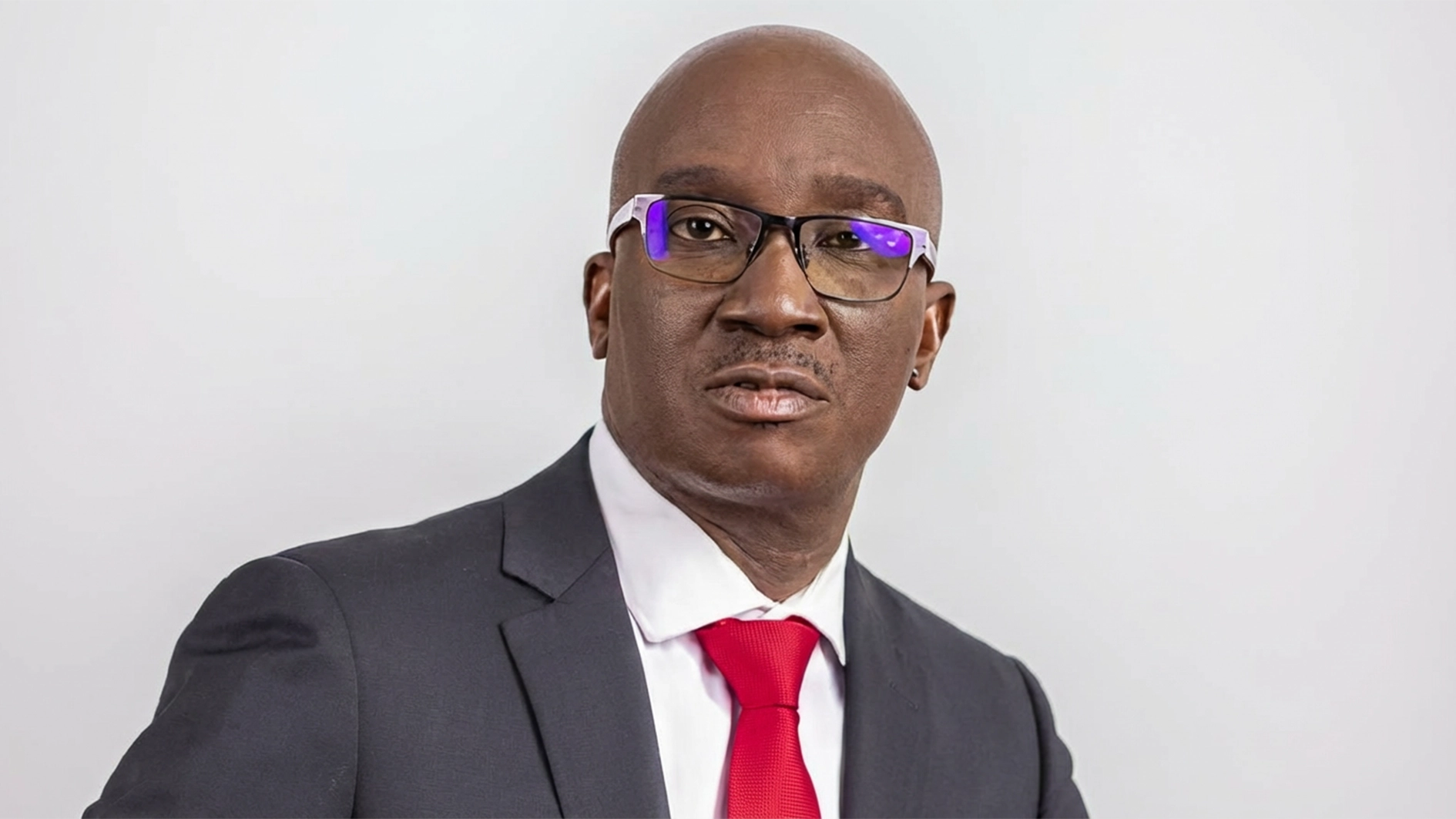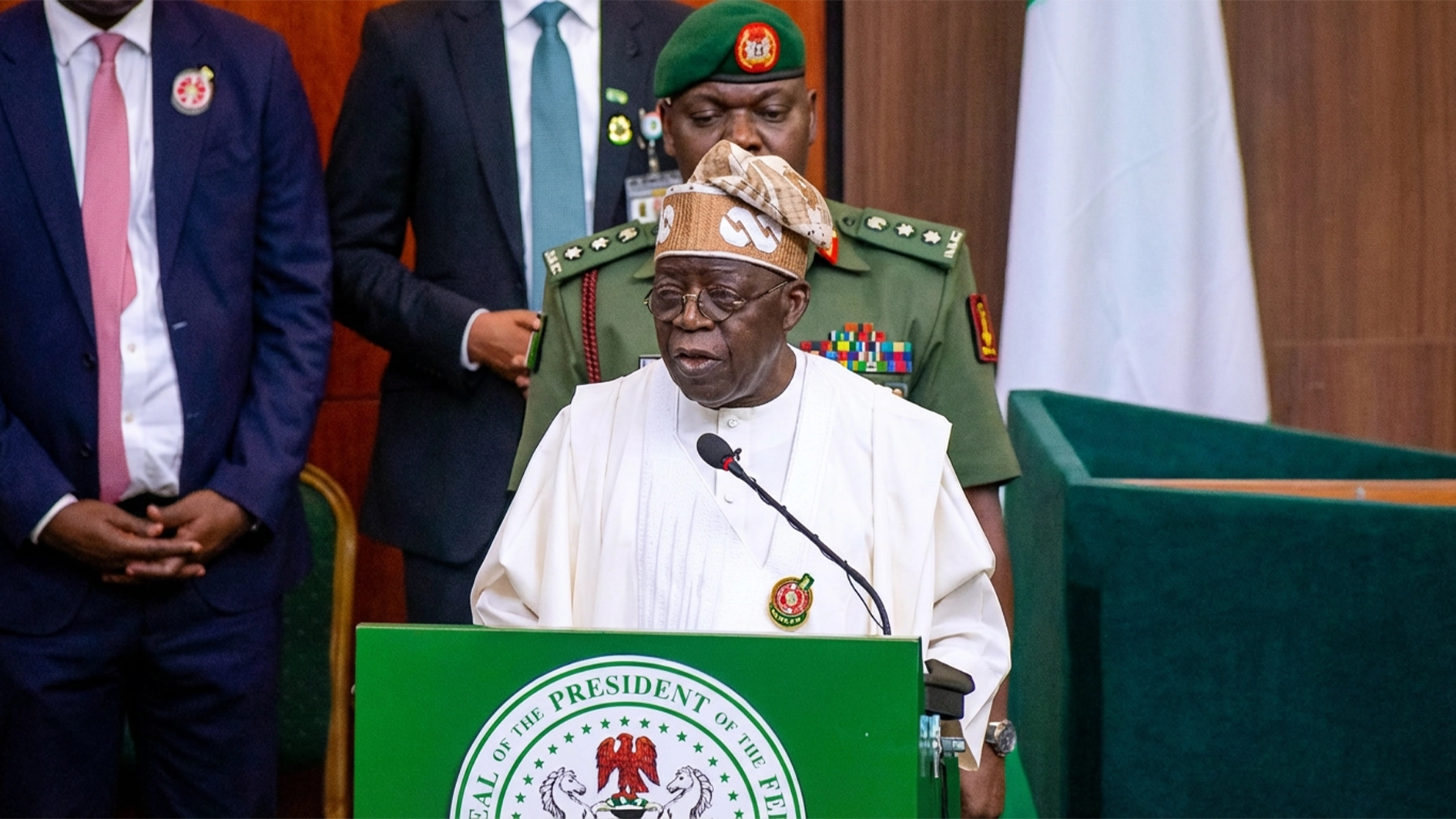
In a blistering critique of President Bola Ahmed Tinubu’s administration, Chukwudi Ezeobika, a former National Legal Adviser of the Inter-Party Advisory Council of Nigeria (IPAC) and a 2018 senatorial candidate for Anambra South, has declared that the ruling All Progressives Congress (APC) faces an inevitable downfall in the 2027 elections.
He attributed this to the administration’s deep-seated ethnic favoritism, political intolerance, and economic mismanagement, which have collectively alienated millions of Nigerians.
Ezeobika argued that Tinubu has perpetuated the divisive politics of his predecessor, fostering a governance structure that prioritizes ethnic loyalty over national unity. “Nigeria, a nation of rich ethnic diversity and religious plurality, demands a leader capable of fostering inclusiveness,” he stated. “However, the Bola Tinubu-led APC government has institutionalized bigotry and political exclusion as state policies.”
The former IPAC legal adviser decried the administration’s approach to federal appointments, which he claims have been skewed heavily in favor of Tinubu’s Yoruba ethnic group, leaving other nationalities disenfranchised. These concerns align with those previously raised by the Pan-Yoruba socio-cultural organization, Afenifere, which has warned that such nepotism could strain inter-ethnic relations and disrupt Nigeria’s fragile unity.
READ ALSO: Former Lagos PDP guber candidate, JANDOR, rejoins APC
In particular, Ezeobika cited the South-East region as one of the most marginalized under Tinubu’s leadership. He pointed to the administration’s unwillingness to engage with stakeholders over the prolonged detention of Indigenous People of Biafra (IPOB) leader Mazi Nnamdi Kanu as a significant indicator of the president’s disregard for the region. “Ignoring the calls of eminent jurists and South-East stakeholders to resolve the unrest through dialogue has only deepened resentment and assured APC’s rejection in 2027,” he asserted.
Similar criticisms have been voiced by Senator Enyinnaya Abaribe, who recently condemned the administration’s disregard for the principles of federal character in cabinet appointments, calling it a blatant act of exclusion.
Beyond the political sphere, Ezeobika highlighted the worsening economic conditions under the Tinubu administration, describing them as the most severe in Nigeria’s recent history. Inflation has soared to a 28-year high, essential commodities have become unaffordable, and unemployment has surged, plunging millions into hardship. He criticized the administration for failing to implement policies that would ease economic suffering, instead presiding over a period of economic stagnation and increasing poverty.
“The APC government has not only failed to address the economic crisis but has exacerbated it with reckless fiscal policies,” he stated.
“Nigerians are experiencing unprecedented hardship, with avoidable deaths, widespread hunger, and economic suffocation becoming the norm.”
Public dissatisfaction has manifested in protests across multiple regions, with citizens decrying the lack of viable solutions to the economic downturn. Ezeobika emphasized that these economic failures would significantly shape voter sentiment in the 2027 elections, further dooming APC’s electoral prospects.
In addition to ethnic bias and economic mismanagement, Ezeobika criticized what he described as the administration’s blatant disregard for democratic principles. He accused Tinubu’s government of undermining the separation of powers, enacting laws that fail to address the needs of ordinary Nigerians, and allowing executive overreach to erode public confidence in state institutions.
“The reckless actions of the executive, coupled with contradictory judicial pronouncements, have made it clear that this administration prioritizes political control over national progress,” he declared.
Ezeobika’s critique reflects growing sentiment among opposition figures and political analysts that Tinubu’s government has alienated too many Nigerians to secure re-election. With widespread economic hardship, ethnic discontent, and governance failures defining his tenure, many see 2027 as the moment voters will deliver their final verdict on the APC.
“The people of Nigeria, particularly those who have been sidelined and disenfranchised, will ensure that their votes in 2027 reflect their dissatisfaction,” Ezeobika concluded.
“This administration has lost its mandate in the hearts of the people, and the reckoning at the polls will be swift and decisive.”






